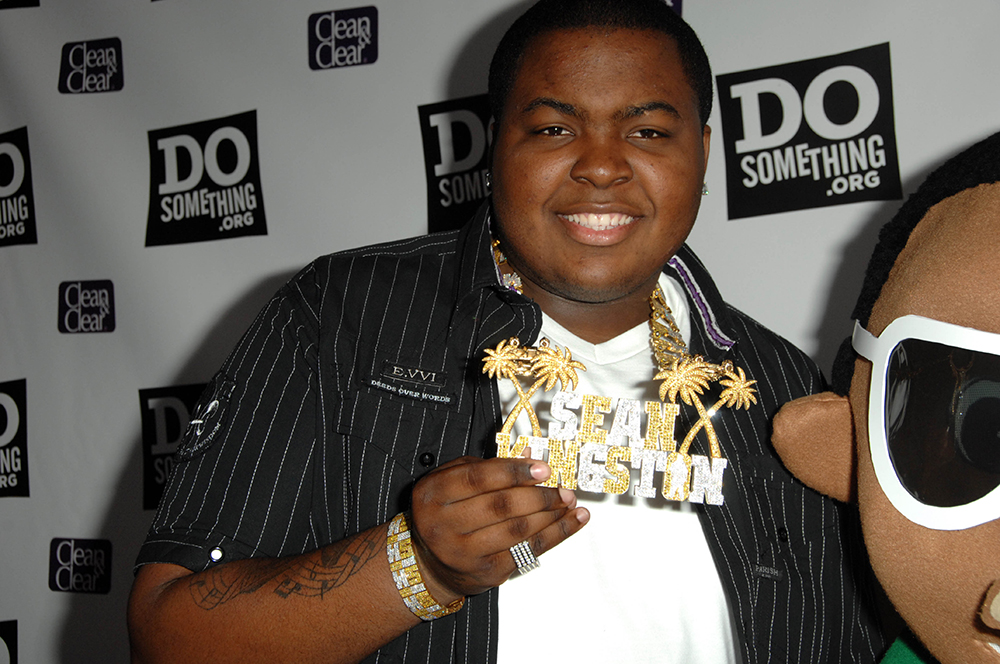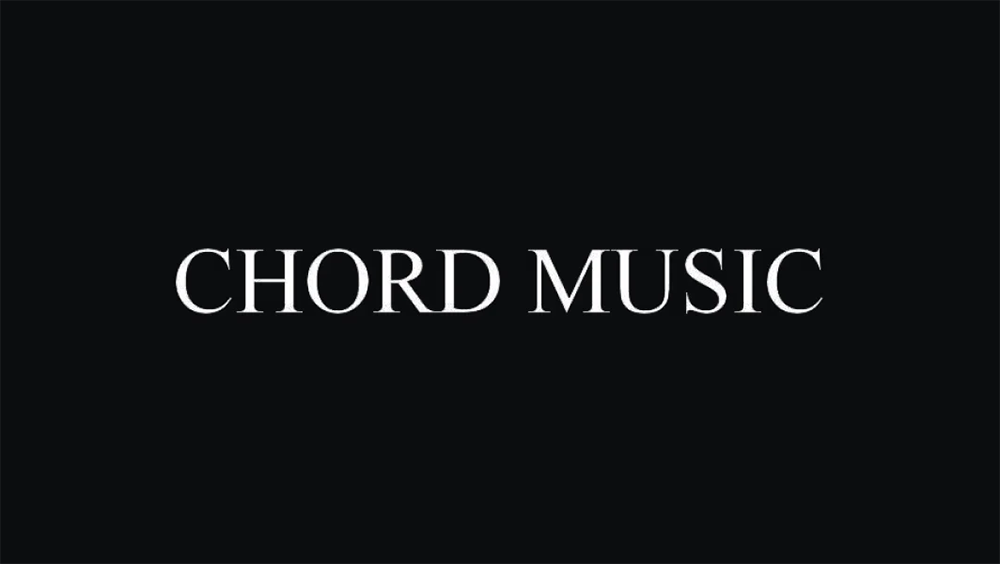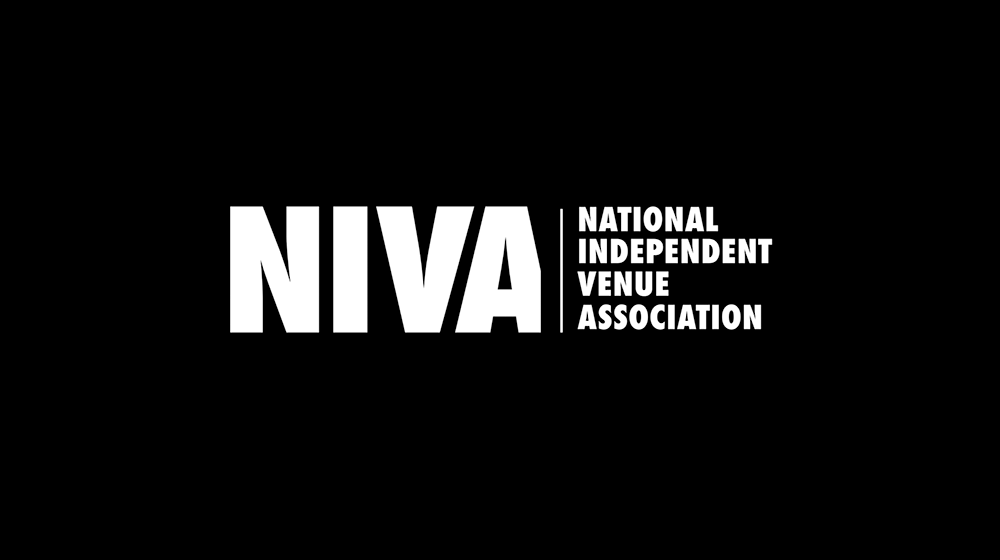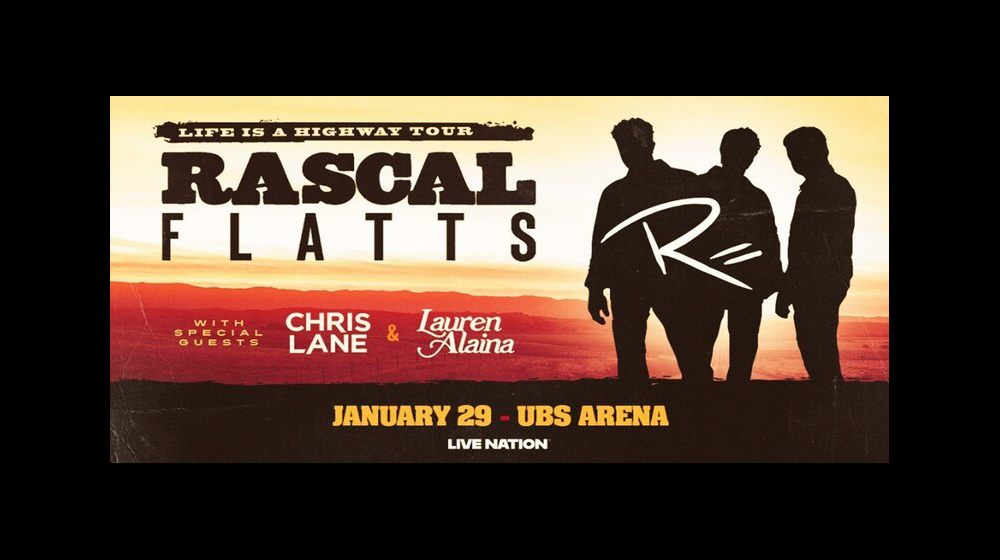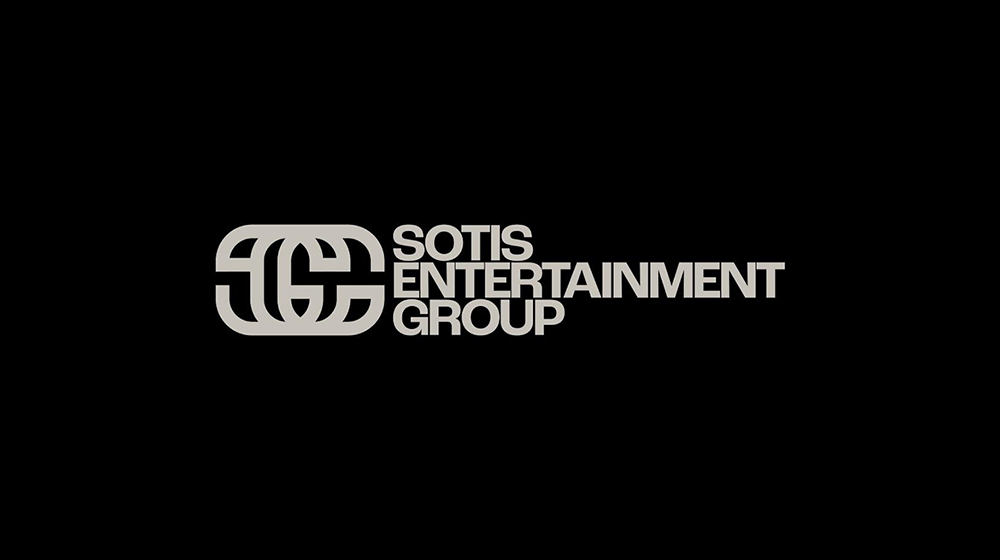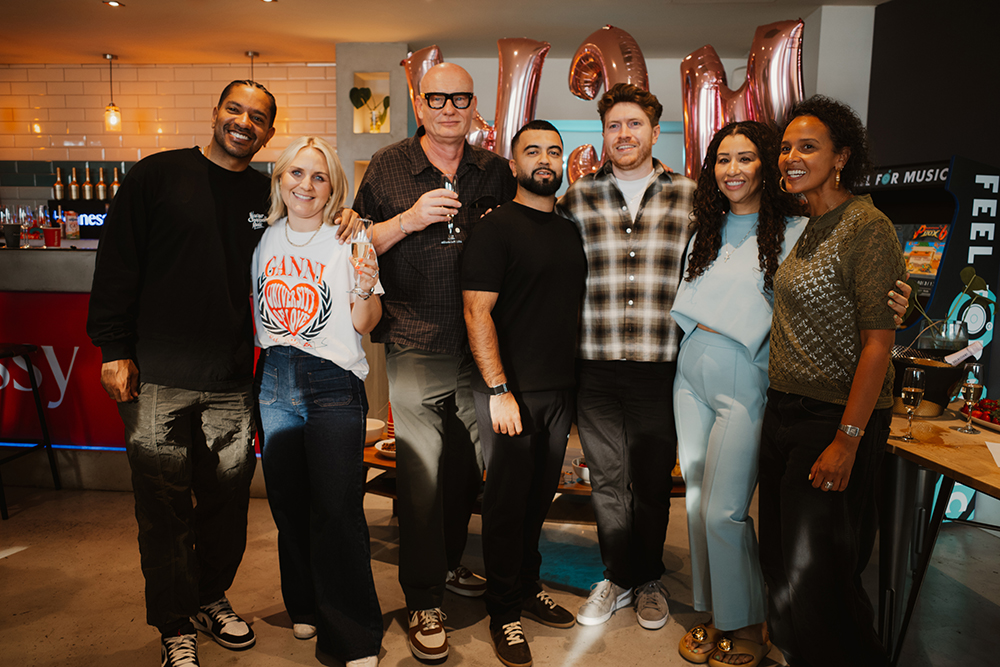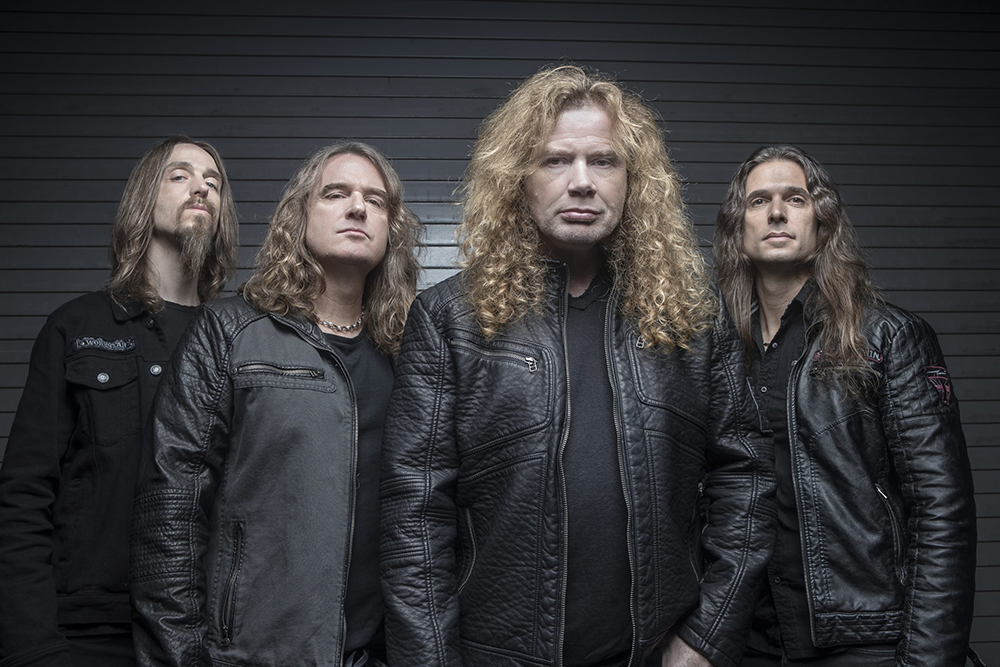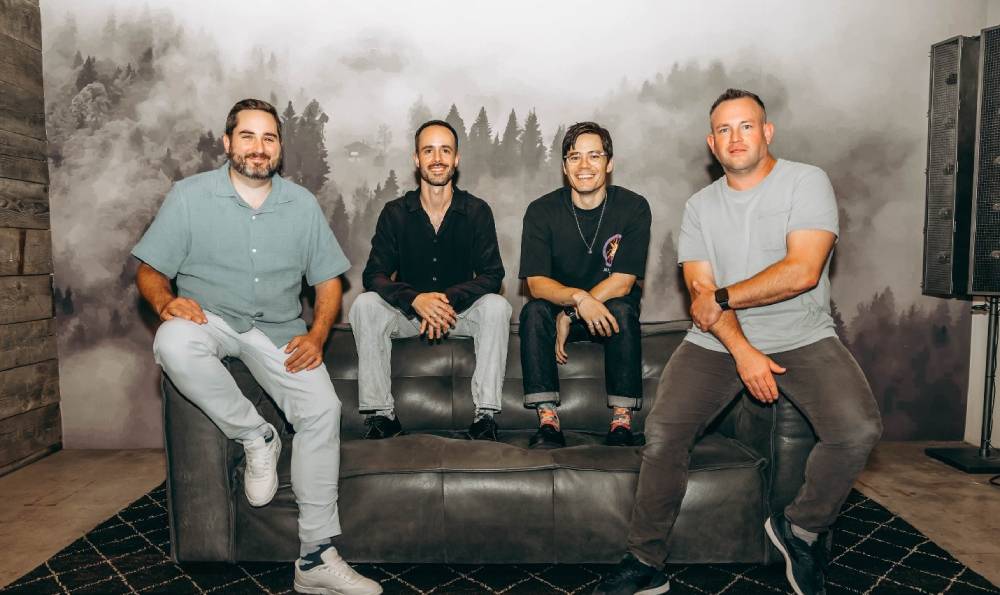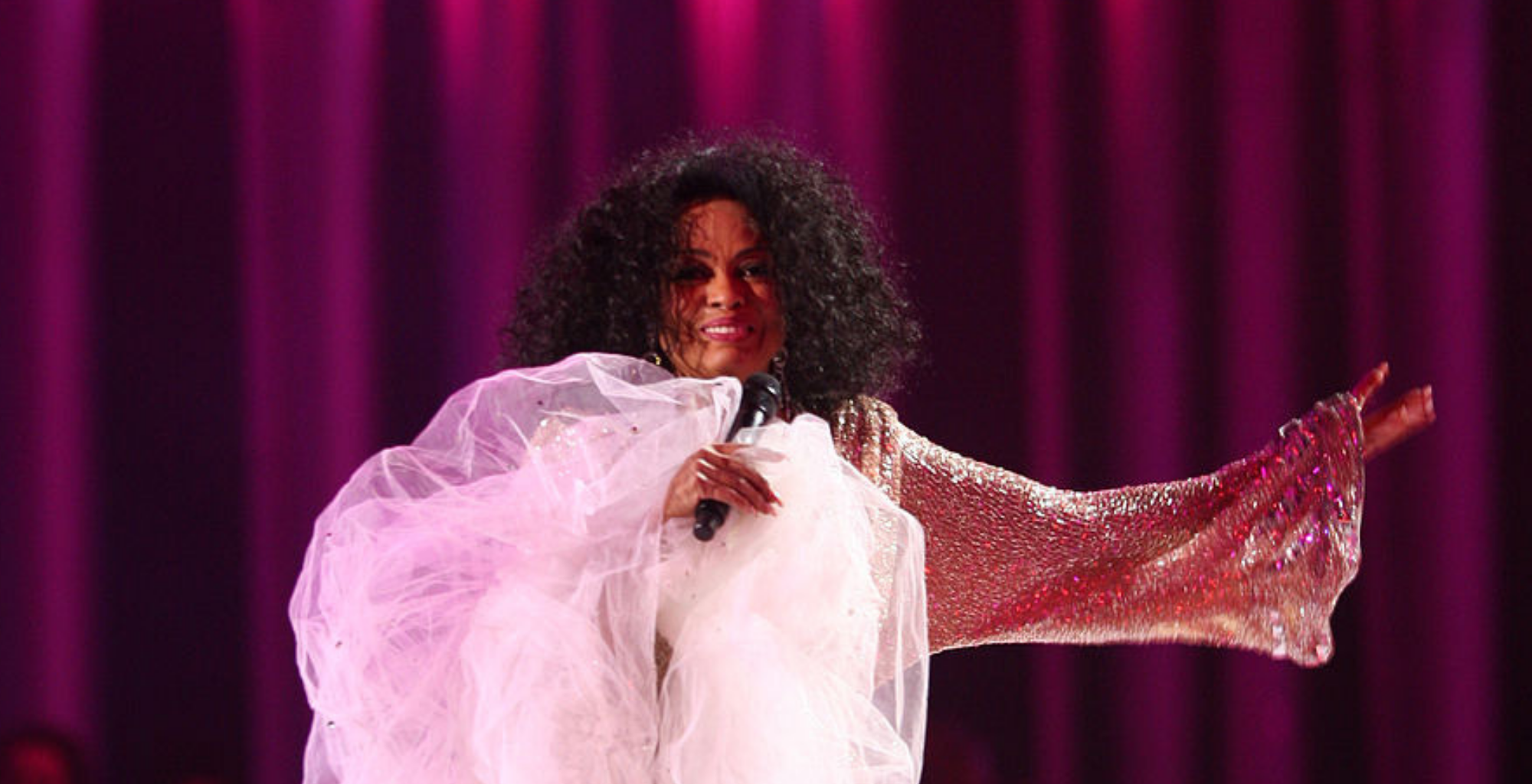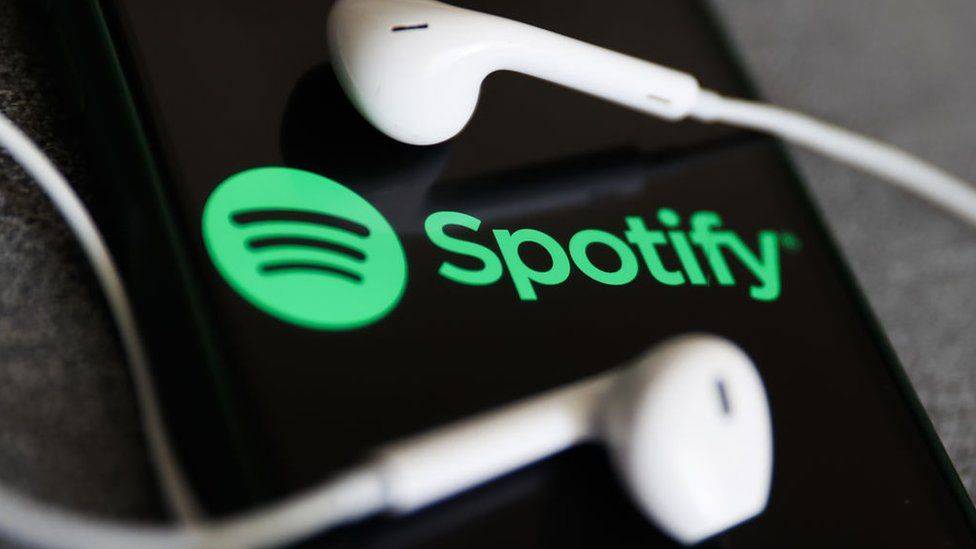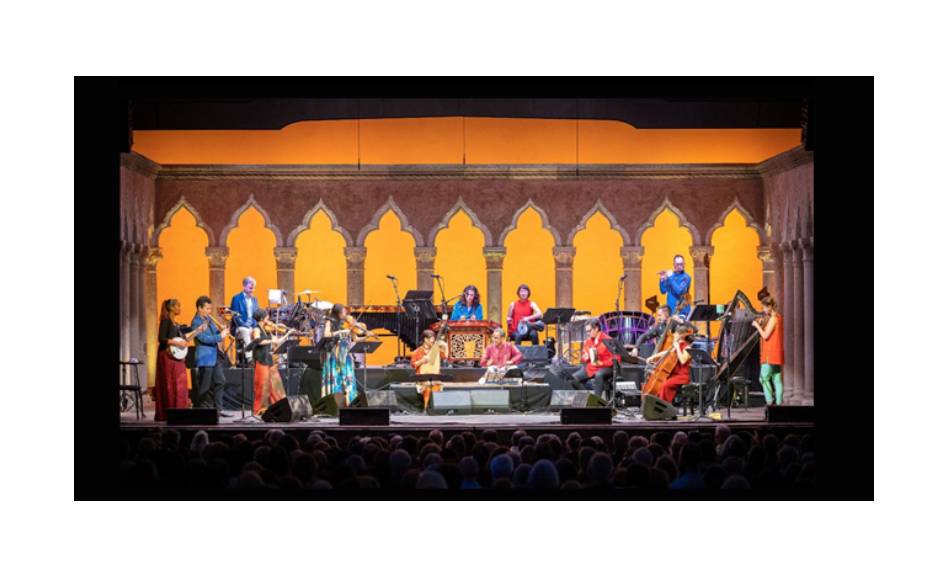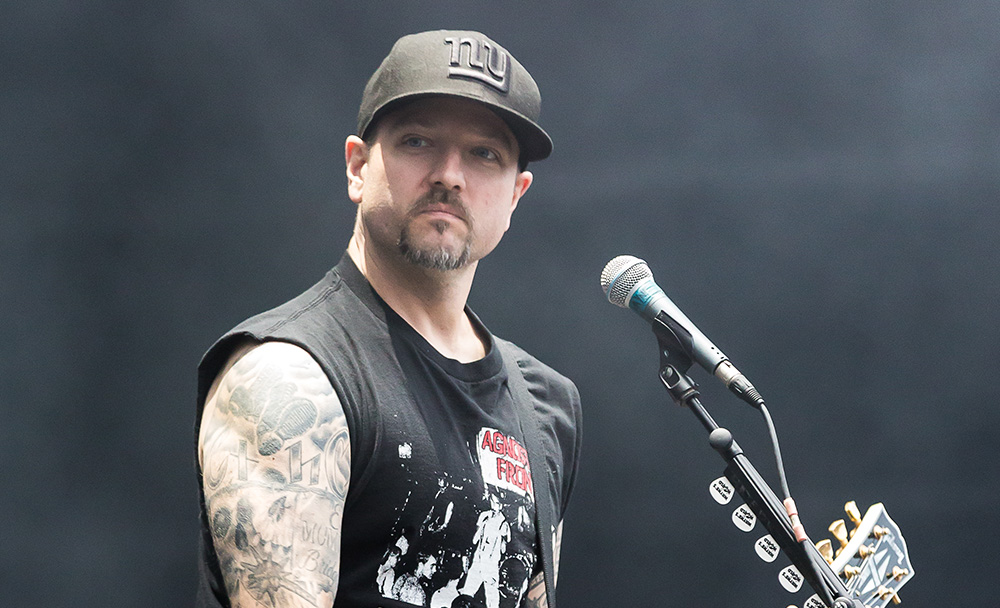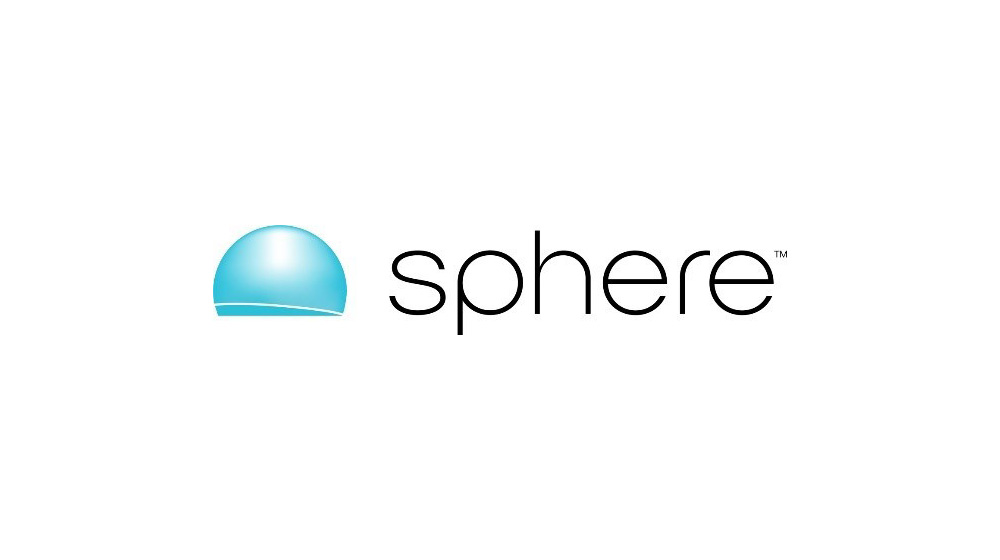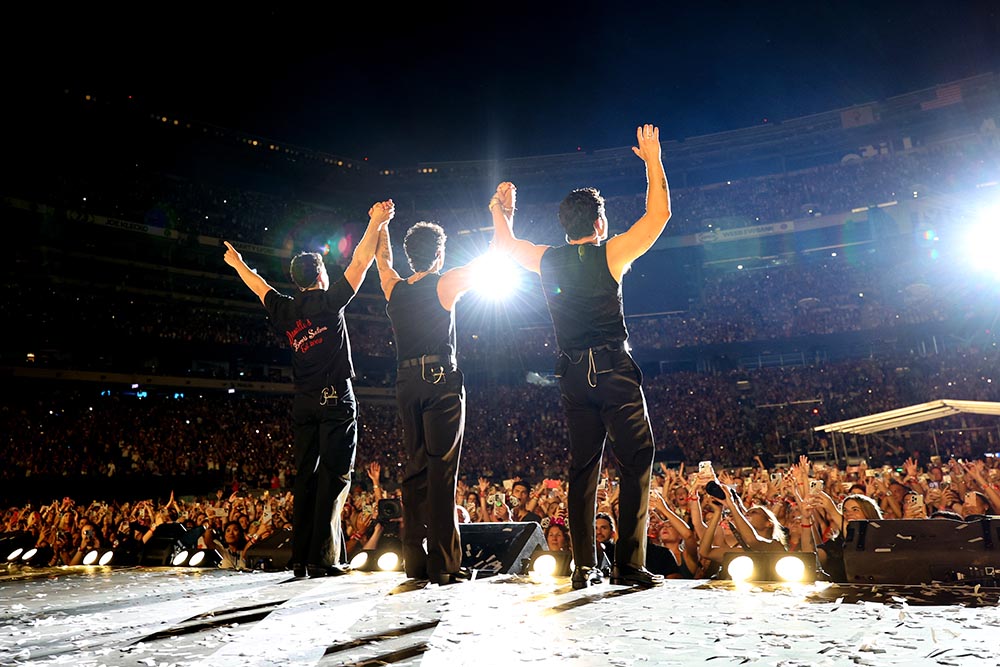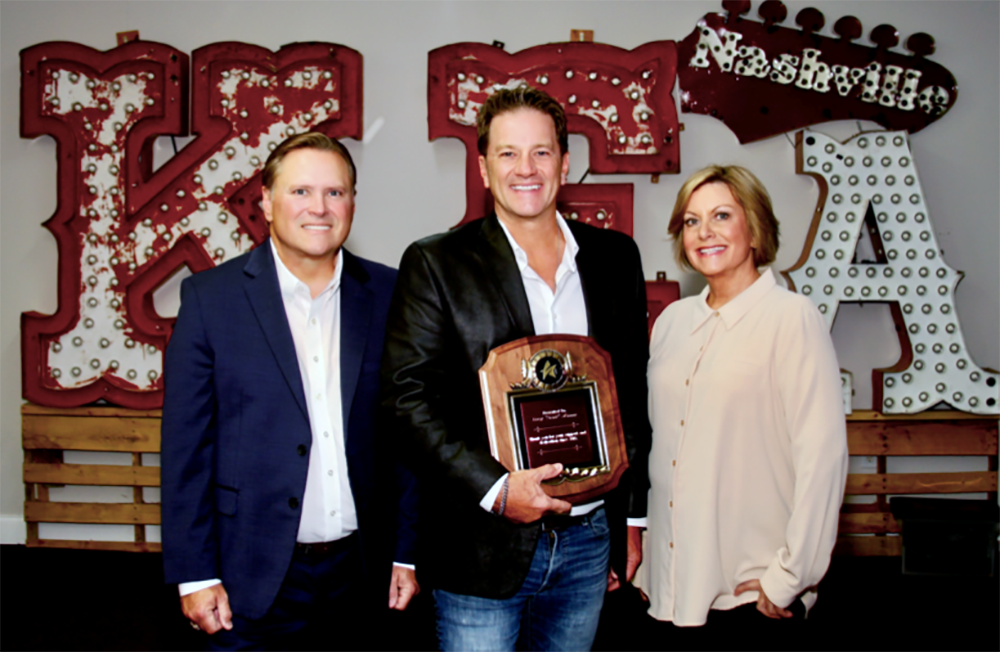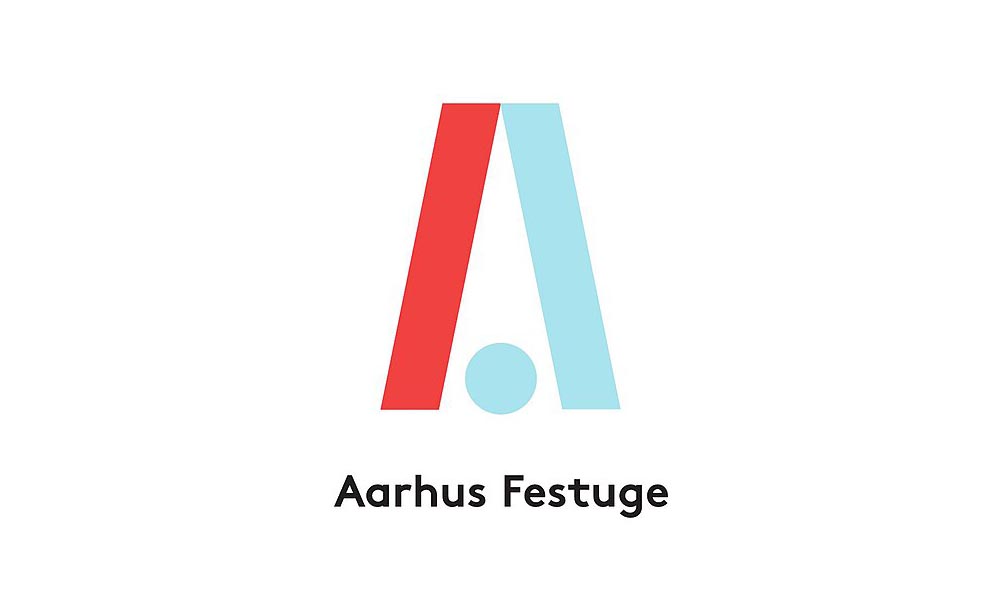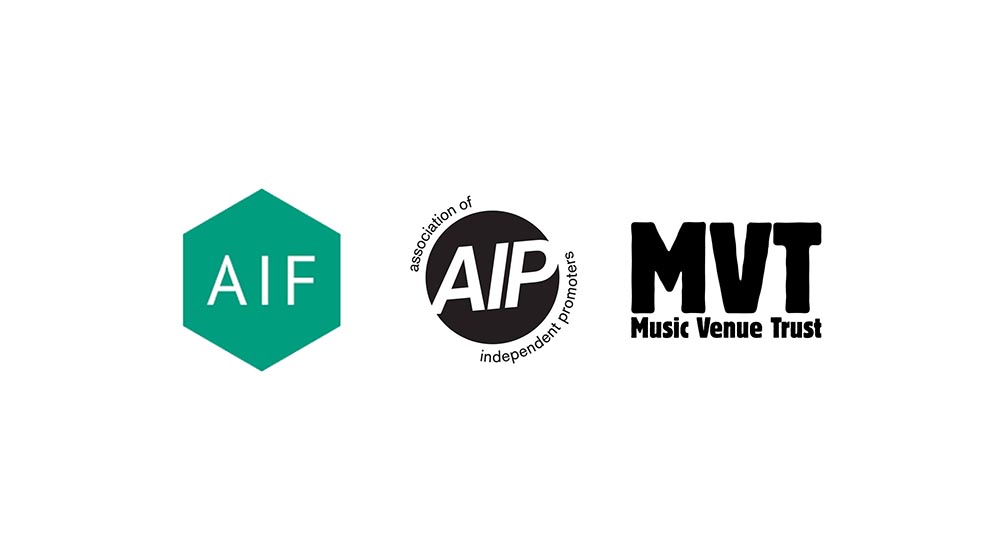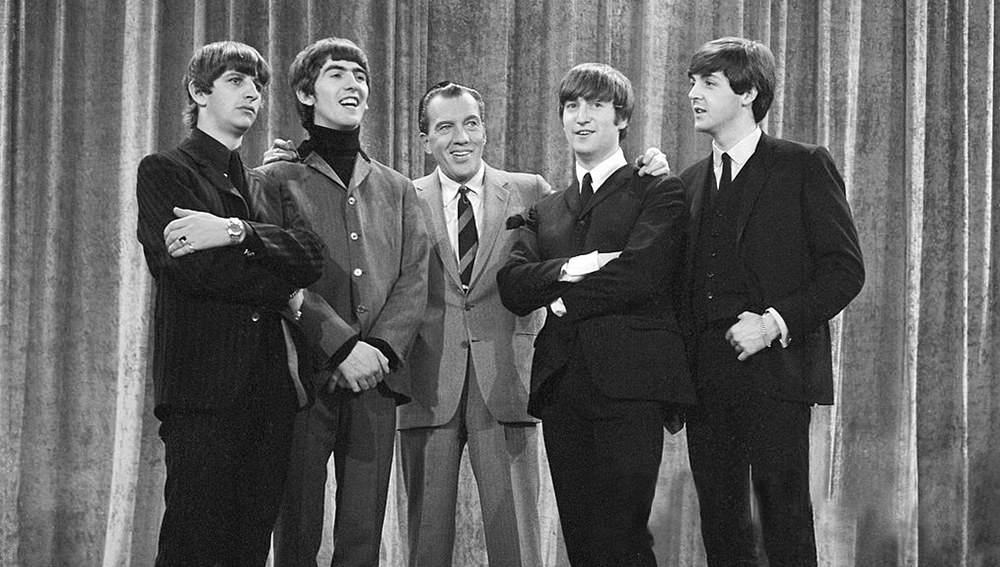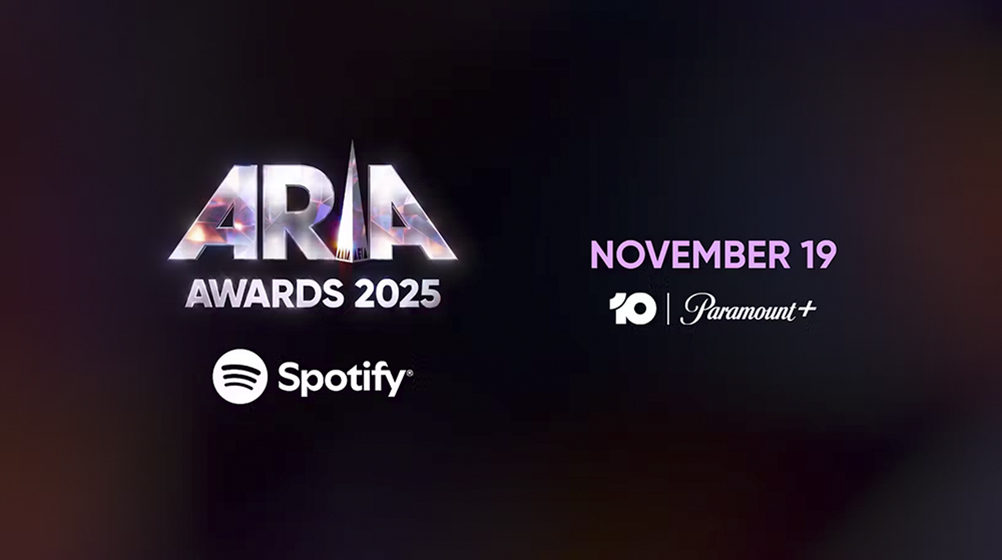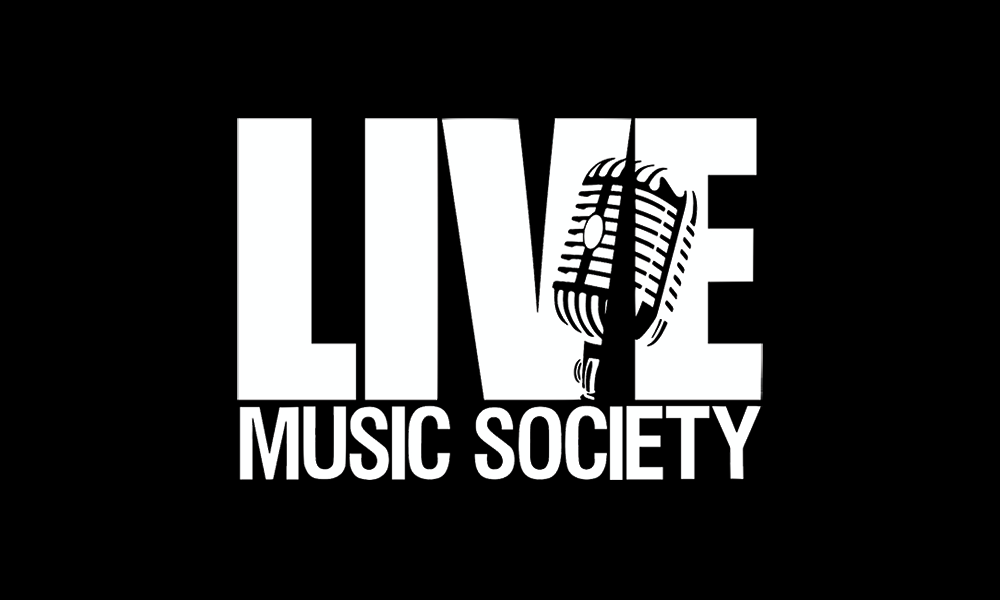
NEW YORK (Hypebot) — A recent feature in The Wall Street Journal describes the "Improbable Rise of NPR Music." For those of us who are long-time NPR listeners and, increasingly, web followers, the fact that NPR is a great place to discover music seems like common knowledge.
But if one thinks of NPR as primarily a source of sober news coverage and literary human interest features periodically enlivened by the humor of Garrison Keillor and David Sedaris, the fact that they have become a powerhouse for music discovery might seem a bit improbable.
Thinking back over the years I often recall discussing musicians that I or my friends found out about listening to NPR as we drove around in our cars. But more recently I've been discovering a wide range of music on NPR's website usually via Twitter updates. I've found some truly amazing music that I would not have otherwise known about as well as often getting a first listen to music that I would certainly hear about if not hear elsewhere.
Finding Out More About NPR Music
You can check out the NPR Music homepage and get a sense of what's on offer. At the bottom of the page there's a nice guide to the site that includes coverage by genre and such options as radio, video and web programs.
Another way to get a sense of what a nice job they're doing with music is to check out their coverage of SXSW 2013. In fact, the coverage is so good that I would hesitate to single any of it out from previews to daily picks to features.
In addition, Eliot Van Buskirk interviewed NPR Music's Amy Schriefer last fall about their "first listen album streams" and she shared some interesting history and a bit of an overview.
NPR Music in The Wall Street Journal
Steve Oney's piece for The Wall Street Journal is actually quite nice with plenty of history. For example, he includes an anecdote about the birth of first listen, full album streaming on NPR that apparently took off when Sony offered up Bob Dylan's "Tell Tale Signs" in 2008. According to NPR's Bob Boilen:
"For years we'd been battling just to get the rights to play one song off new records…Now they wanted to give us everything. But we didn't say yes right away. We wanted to hear the album. If it sucked, we weren't going to do it. But it was great."
Music has been good business for NPR:
"NPR Music has performed beyond expectations…NPR Music, which has an annual budget of $3 million, is close to breaking even. Part of the reason is that its audience tends to be younger than public radio's general audience."
"Its median age is 34, and only 29 for those connecting via social media, compared with 53 for 'Morning Edition' and 52 for 'All Things Considered.' Thus it appeals to sponsors, or underwriters, as they're known in public radio…"
"Moreover, NPR Music attracts grant money. 'The underwriters like our mass audience…and the foundations like our support of forms of music that don't find wide commercial interest.'"
Future Plans for NPR Music
But they're not stopping there. The following tidbit caught my attention:
"This year, NPR Music will introduce personal music streams created by DJs currently working throughout the public radio system. Known for the moment as simply 'the streaming project,' it will offer local stars like Tom Schnabel of KCRW in Los Angeles the chance to present their online playlists for a national audience."
"'It's an effort to corral the music discovery that's happening on the station level,' says Roger LaMay, general manager of Philadelphia's WXPN, which produces 'World Café'…'The stations have a real sense of place.'"
They're also planning on doing more with video. So whether or not their rise was "improbable," NPR Music's current status is based on both a commitment to public radio, a love of great music absent an obsession with celebrities and smart adaption to the web.



















